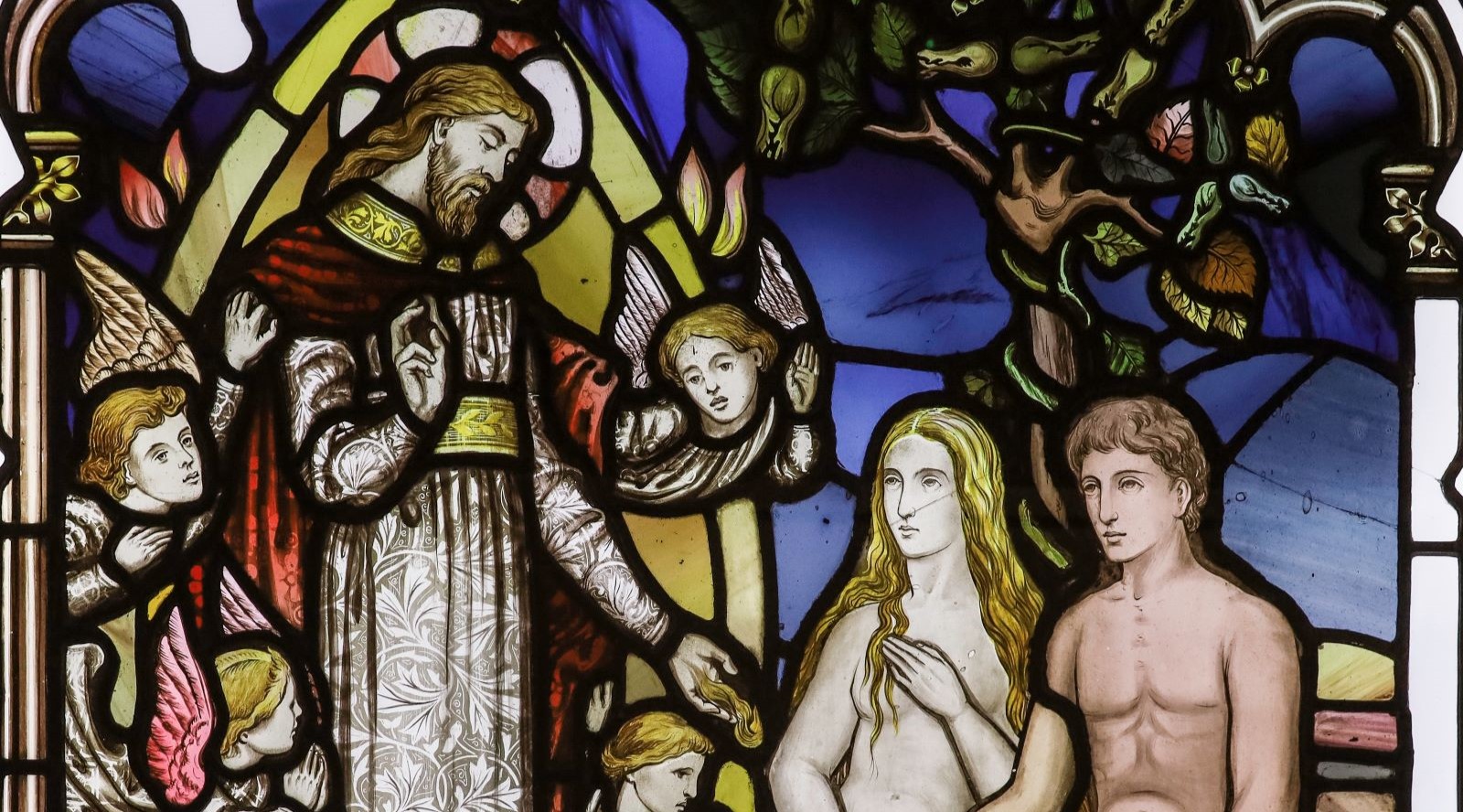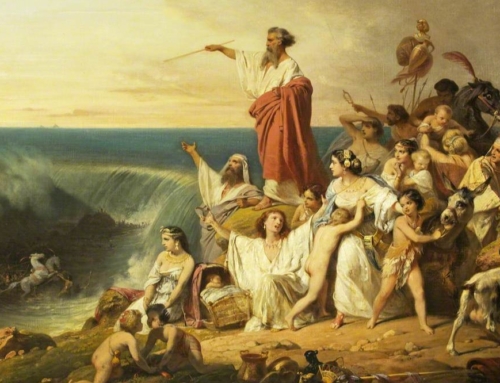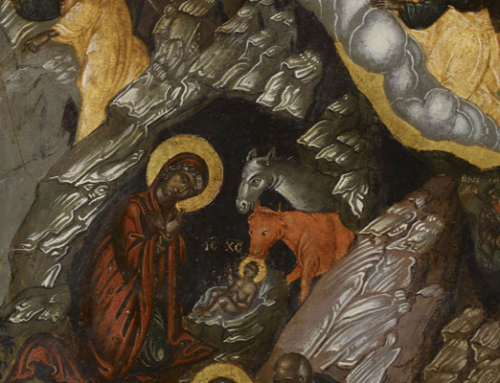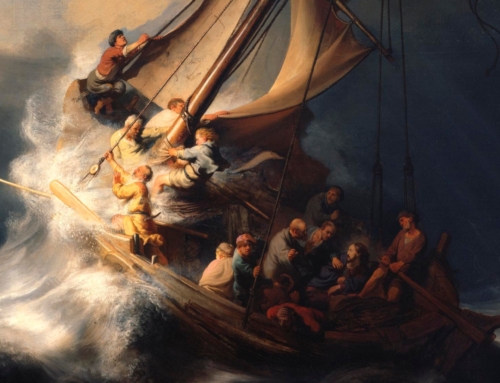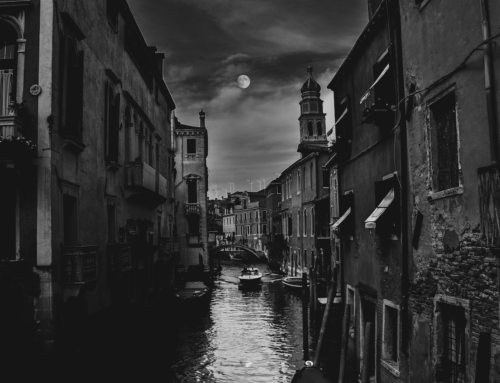What will separate us from the love of Christ? Will anguish, or distress, or persecution, or famine, or nakedness, or peril, or the sword? (Rom 8:35)
In this line from the epic eighth chapter of Romans, Paul supplies a laundry-list of circumstances that might at first seem to remove us from Christ’s love but in actuality do not. When we are in anguish or distress, Christ is near us, so we need not fear (Ps 91). When we are persecuted, the kingdom of heaven is ours, as Christ himself has told us (Matt 5:10). Are we hungry? Blessed are we, for our God gives us his flesh to eat and promises that we will be satisfied (Matt 5:6). If we find ourselves in peril, let’s read Paul again: “We were so utterly, unbearably crushed that we despaired of life itself. . . . [Yet God] delivered us from so deadly a peril, and he will deliver us; on him we have set our hope that he will deliver us again” (2 Cor 1:8-10). If we face the sword, may we do so like the martyrs, imitating our Lord himself.
Yet one thing remains from Paul’s list: nakedness. When has nakedness ever separated us from the love of Christ?
Let’s go back to the beginning. Adam and Eve have just eaten from the tree that God forbade them to eat. What is the first thing that happens after their sin?
Then the eyes of both were opened, and they knew that they were naked; and they sewed fig leaves together and made themselves aprons. And they heard the sound of the Lord God walking in the garden in the cool of the day, and the man and his wife hid themselves from the presence of the Lord God among the trees of the garden. But the Lord God called to the man, and said to him, “Where are you?” And he said, “I heard the sound of thee in the garden, and I was afraid, because I was naked; and I hid myself.” (Gen 3:7-10)
Immediately after the first sin, Adam and Eve both realize they are naked. This state of nakedness was not primarily about a lack of clothing, for Adam tells God that he is naked despite wearing his fig-leaf apron. So what sort of nakedness makes Adam and Eve flee God?
In choosing to eat the forbidden fruit, Adam and Eve rejected God’s plan for them. They rejected God’s sovereignty as Creator and proclaimed themselves to be their own gods. Created by God to be happy by worshiping him, they decided instead to worship themselves. They “worshiped and served the creature rather than the Creator” (Rom 1:25).
Yet they instantly realized their mistake. Immediately after proclaiming themselves to be like God, their paltry creatureliness lay exposed. For without God, all of creation returns to what is proper to it: nothing. Adam and Eve saw into the depths of their misery as “independent” creatures. They could not satisfy any of their needs for happiness or love without God. Ashamed, they fled from God—but this could not stop his love.
God eagerly searched for Adam and Eve in the garden in order to bring them back to himself. In the same way, Christ desires to find and save us. Our feelings of shame, helplessness, or fear—our nakedness—cannot separate us from the love of Christ, just as Adam and Eve’s nakedness could not stop God from seeking them out to save them. Instead of hiding behind our fig-leaf garments of false narratives, empty hopes, and shallow optimism, we should run to meet Christ, who has been tirelessly pursuing us and saying to us: “My grace is sufficient for you, for power is made perfect in weakness” (2 Cor 12:9). Therefore let us be unashamed of our weaknesses and unwavering in our trust in Christ. Then we will be naked, but unafraid.
✠
Photo by Fr. Lawrence Lew, O.P. (used with permission)

